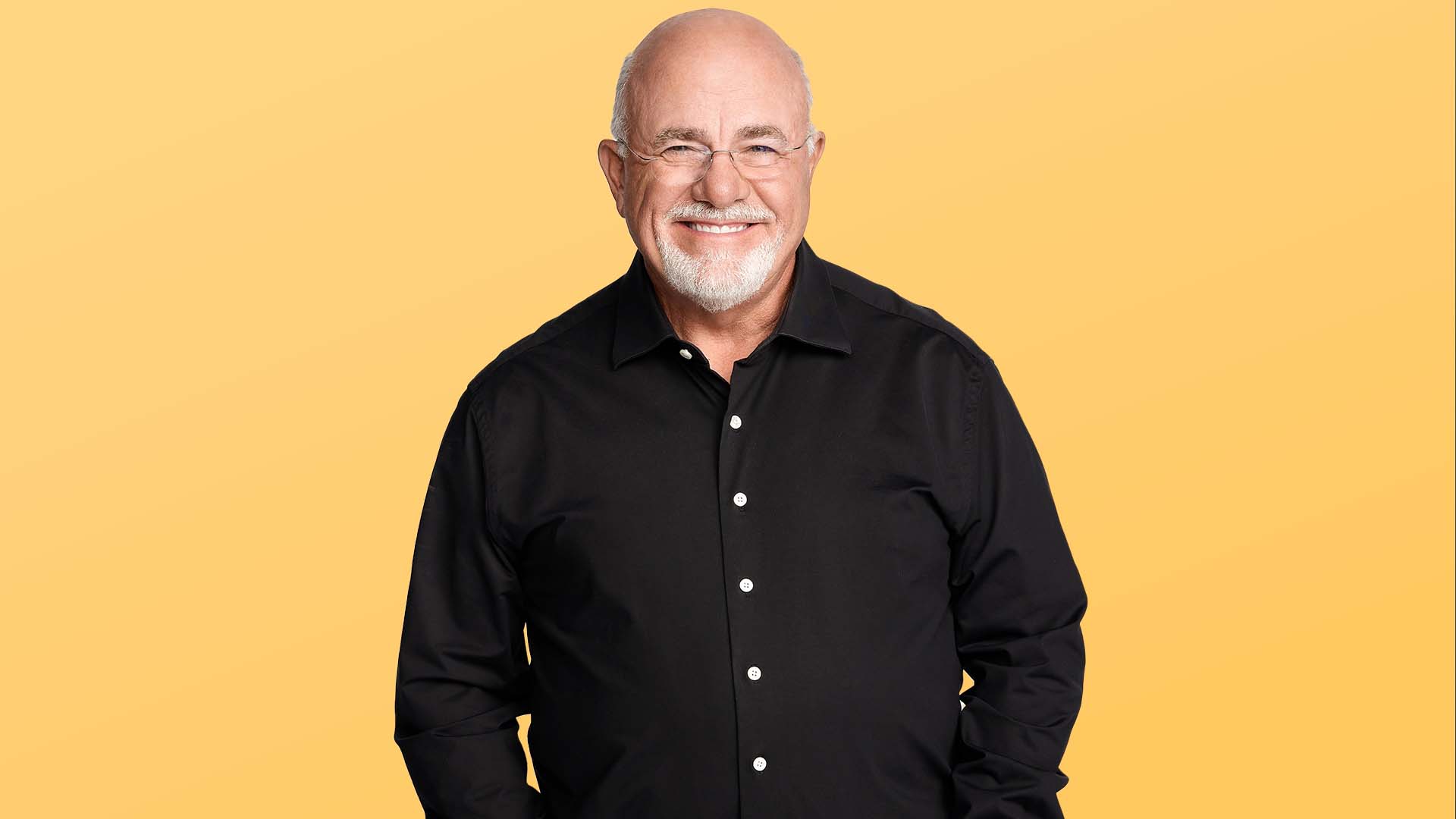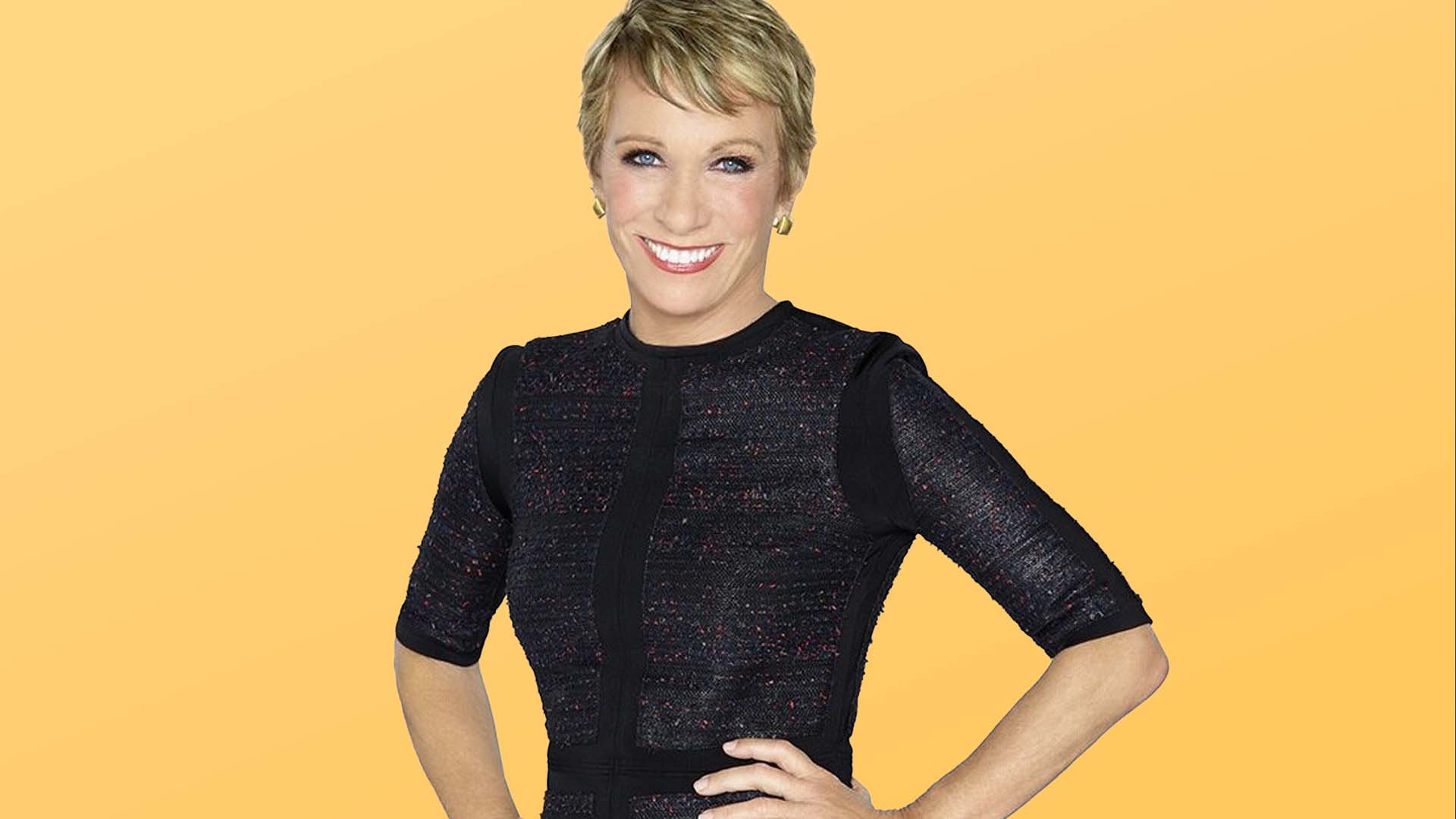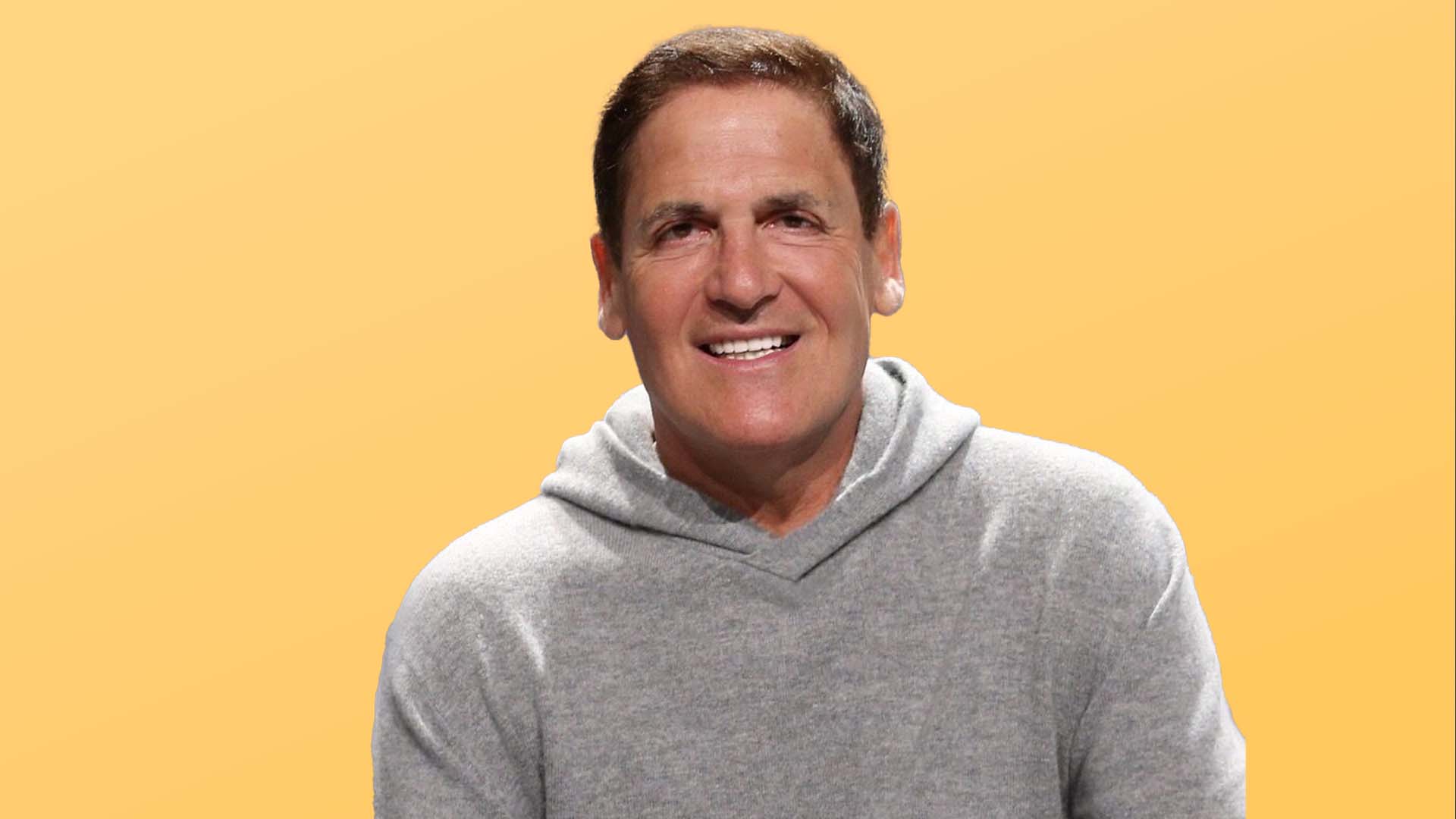Here’s How To Be Successful Financially Without Building a Budget

Commitment to Our Readers
GOBankingRates' editorial team is committed to bringing you unbiased reviews and information. We use data-driven methodologies to evaluate financial products and services - our reviews and ratings are not influenced by advertisers. You can read more about our editorial guidelines and our products and services review methodology.

20 Years
Helping You Live Richer

Reviewed
by Experts

Trusted by
Millions of Readers
Budgets are often treated like the solution to all personal finance problems, but what if they’re not as necessary as we’ve been led to believe?
That’s the assertion of Dana Miranda, a Certified Educator in Personal Finance (CEFP), creator of the Healthy Rich newsletter and author of “You Don’t Need a Budget: Stop Worrying About Debt, Spend Without Shame, and Manage Money With Ease.”
Miranda believes that traditional budgeting can sometimes do more harm than good — and she offers a counterintuitive approach to managing your money instead.
What if Budgeting Isn’t the Answer?
According to Miranda, budgets are a lot like diets: millions of people start them, only to abandon them weeks later. Why? “They add stress to your life,” Miranda explained. “They don’t help you achieve your goals, and they have the worst impact on the people who are already the most vulnerable.”
It’s likely no surprise that anything that emphasizes restriction, discipline and guilt is tough to maintain — especially if it ignores the realities of your life. And Miranda pointed out that budgets tend to fail in a big way. According to a 2024 Next Gen Personal Finance survey, more than 84% of people overspend their budget.
“In reality, financial challenges stem from the inequities that are baked into our economic system,” she said. “You can’t discipline yourself out of an oppressive system; trying to do that only adds stress and shame to your life.”
Still, Miranda is not advocating for you to let your finances descend into chaos. Instead, she encourages a values-based, stress-reducing alternative to conventional budgeting.
Rethink Resources Beyond Income
Instead of taking a restrictive, shame-based approach to money, Miranda recommends people broaden their understanding of resources. “Many people restrict their lives based on the income they can earn from working — but for many, that’s just not enough money to make ends meet.”
That might include assets like property, retirement accounts or items you can sell. For those with lower or inconsistent incomes, Miranda urges looking at community and government support, such as neighborhood childcare, SNAP benefits or housing vouchers.
Debt Does Not Equal Failure
Miranda also wants to reframe how we think about debt.
“Stop thinking of debt as a failure and start thinking of it as a resource,” she said. “Research the debt products available to you — credit cards, home equity products, student loans, business financing, etc. and learn how they work.”
That includes knowing how much credit is available to you, what you’ll pay in fees and interest, and the consequences of missed payments, and your repayment options. “Understanding how these tools work lets you decide how to use them to support the life you want, rather than avoid them out of shame,” she said.
What Is the Life You Want To Live?
Once you have a clearer idea of what your resources actually are, Miranda said the next step is setting clear priorities for how you’ll use those resources.
“What’s the life you want money to support?” Miranda asked.
This is the part where you dream a little, thinking about big decisions ranging from the kind of work you want to do, where you want to live, whether you’ll have children or what kind of education you’ll pursue — or longer-term goals like retirement or owning a second home.
“Focusing on these big-picture items will have a more significant impact on your financial circumstances than stressing about day-to-day spending,” she said. “It’ll help you live the kind of life you want to live.”
You Can Track Money Without a Traditional Budget
Staying aware of your money doesn’t require complicated spreadsheets, Miranda assured.
“Giving up a budget doesn’t mean ignoring your financial commitments and goals,” Miranda said. “You can keep tabs on your financial situation without the restrictions and shame that come with budgeting.”
Some techniques to replace budgeting with a more sustainable and emotionally supportive approach could include:
- Monthly check-ins: Take a quick snapshot of income and expenses and make adjustments.
- Spending buckets: Use banking or budgeting apps to categorize your spending into broad “buckets” or categories to review your expenditures more easily. Some will even let you move cash within a checking account into these buckets.
- High-level cash flow awareness: Tools like Empower or YNAB can help track money coming in and going out without itemizing every dollar.
You Don’t Need a Budget — You Need a Plan That Works for You
According to Miranda, financial success can come just as well from values, awareness and the ability to adapt as it can from dollar-tracking methods or rigid spreadsheets.
You can’t discipline yourself out of systems that don’t work for you, but you can reclaim your agency and confidence by building a system that works with your reality.
This article is part of GOBankingRates’ Top 100 Money Experts series, where we spotlight expert answers to the biggest financial questions Americans are asking. Have a question of your own? Share it on our hub — and you’ll be entered for a chance to win $500.
 Written by
Written by  Edited by
Edited by  Money Expert
Money Expert 











































































































